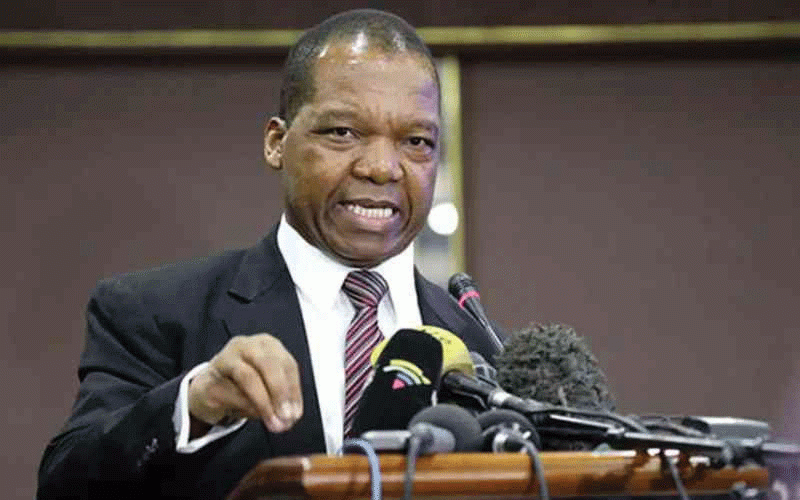
ANTI-CORRUPTION activists have urged government to plug loopholes in tender processes to curb procurement scandals.
Public entities have been accused of inflating tender prices, resulting in billions of taxpayers’ money being fleeced from Treasury.
Addressing a Twitter space discussion hosted by Transparency International Zimbabwe, which tackled procurement corruption, Zimbabwe Coalition on Debt and Development head of programmes John Maketo said the dynamics of corruption are centred on top ranking government officials.
“There is collusion of power procurement and corruption (sic) where we see that power holders have abused their power to side-check laid down procurement regulations, and also in the process, bypassing structures that must oversee procurement particularly in local authorities,” Maketo said, also pointing out that procurement corruption is rampant in opposition-led councils.
“When you look at all these procurement scandals, whether it is the Pomona, Parliament laptops, or the fire tender deal, this is public debt evolving, and in all these cases the central government plays a guarantor role.”
He said bad governance could be dealt with through implementation of the devolution agenda.
“It seems that when we are in emergent situations like COVID-19, when we are in disaster situations, procurement regulations are laid aside and politics takes over. In terms of actually giving ministerial directives for procurement, this is where you find that individuals are fronting these procurement processes,” he added.
Dzivarasekwa legislator and member of the Public Accounts Committee, Edwin Mushoriwa (CCC) said the problem was that government was failing to recruit qualified staff in the procurement sector due to failure to pay.
- ‘Govt pampering looters with tax breaks’
- 5 more UZ students arrested
- Zinara defends ‘questionable’ Univern deal
- Laptops deal rile TIZ
Keep Reading
“To circumvent the proper procedure in dealing with procurement, the first major problem is what is called the ministerial directive. A minister can give a directive to simply do certain things which even the accounting officer and the other officers in 30 government departments will know is illegal. But once a ministerial directive is given, everybody is bound to follow it,” he said.










